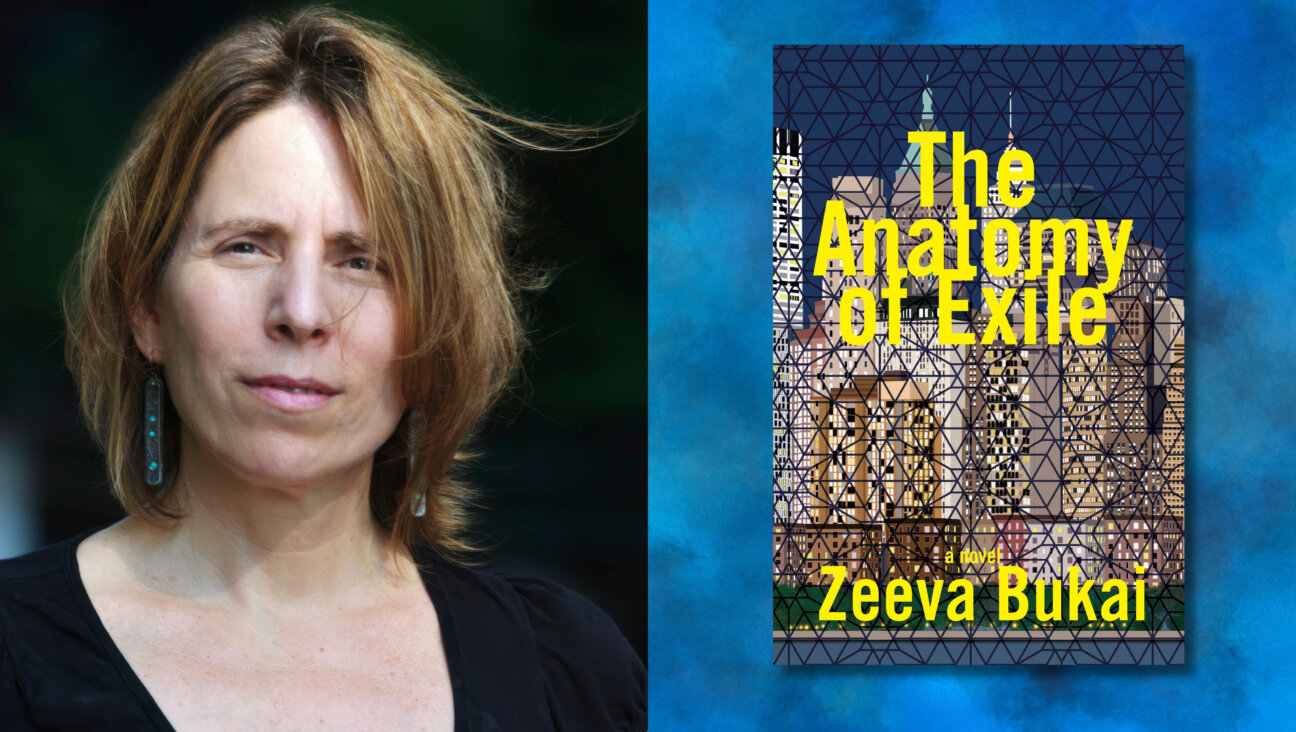Author Blog: The Future of the Past

Yehuda Kurtzer is the author of “Shuva: The Future of the Jewish Past.” His blog posts are featured on The Arty Semite courtesy of the Jewish Book Council and My Jewish Learning’s Author Blog Series. For more information on the series, please visit:

In a recent Commentary article, Jack Wertheimer once again takes on the trends in American Jewry — individualism, pluralism, universalism, anti-tribalism, non-judgmentalism — to attack these modern moves as anathema to the Jewish past and the tradition that modern Jews have inherited (and implicitly rejected). Wertheimer playfully positions his critique in the literary frame of the Ten Commandments, which is a useful straw-man in making these trends into inviolable beliefs held by his (mostly) unnamed opponents. Seeing as the article came out the week of Shavuot — the holiday that marks the receiving of the Decalogue (along with the rest of the Torah) at Mount Sinai, perhaps Wertheimer was seduced by the liturgical calendar.
But in telling the story of contemporary Jewry in this way, Wertheimer makes an ironic mistake. To truly traditional Jews, the laws of Bible co-exist with an interpretive tradition — an Oral Torah – that signals the constant way in which the values of the original revelation co-exist with the changing mores and morals of the societies in which Jews attempted to live out its mandate. In positioning the truths of the past (which he likes) as rigidly opposed to the truths of the present (which he hates), Wertheimer regrettably whitewashes the interpretive processes by which American Jews have remade their essential values.
The interpretive act of authentic change — even when it only comes about because it attempts to keep up with the pace of change of what the Jewish people are actually doing — is much more essential to the enterprise of Jewishness than is the canonical code itself which is being interpreted in the process. Our tradition fundamentally doubts the written tradition alone, aware that in its fixed state it is fundamentally limited in its ability to speak to present realities. The Decalogue requires both a parallel interpretive tradition, and an eager set of interpreters who live in the world, to make it applicable to contemporary realities.
So do contemporary Jews live by new rules? Sure — just as the Judaism of the Jews of 1950s America would have been unrecognizable to the people of the 1920s. I would welcome a healthy public debate about what Judaism should be in the face of the changing realities of the present. But the notion that Judaism should not let its core values evolve in response to changing world conditions? Well, that is not Torah-true Judaism at all.
Yehuda Kurtzer is the president of the Shalom Hartman Institute of North America. His first book, “Shuva: The Future of the Jewish Past,” is now available.
The Jewish Book Council is a not-for-profit organization devoted to the reading, writing and publishing of Jewish literature. For more Jewish literary blog posts, reviews of Jewish books and book club resources, and to learn about awards and conferences, please visit www.jewishbookcouncil.org.
MyJewishLearning.com is the leading transdenominational website of Jewish information and education. Visit My Jewish Learning for thousands of articles on Judaism, Jewish holidays, Jewish history and more.
A message from our Publisher & CEO Rachel Fishman Feddersen

I hope you appreciated this article. Before you go, I’d like to ask you to please support the Forward’s award-winning, nonprofit journalism so that we can be prepared for whatever news 2025 brings.
At a time when other newsrooms are closing or cutting back, the Forward has removed its paywall and invested additional resources to report on the ground from Israel and around the U.S. on the impact of the war, rising antisemitism and polarized discourse.
Readers like you make it all possible. Support our work by becoming a Forward Member and connect with our journalism and your community.
— Rachel Fishman Feddersen, Publisher and CEO























